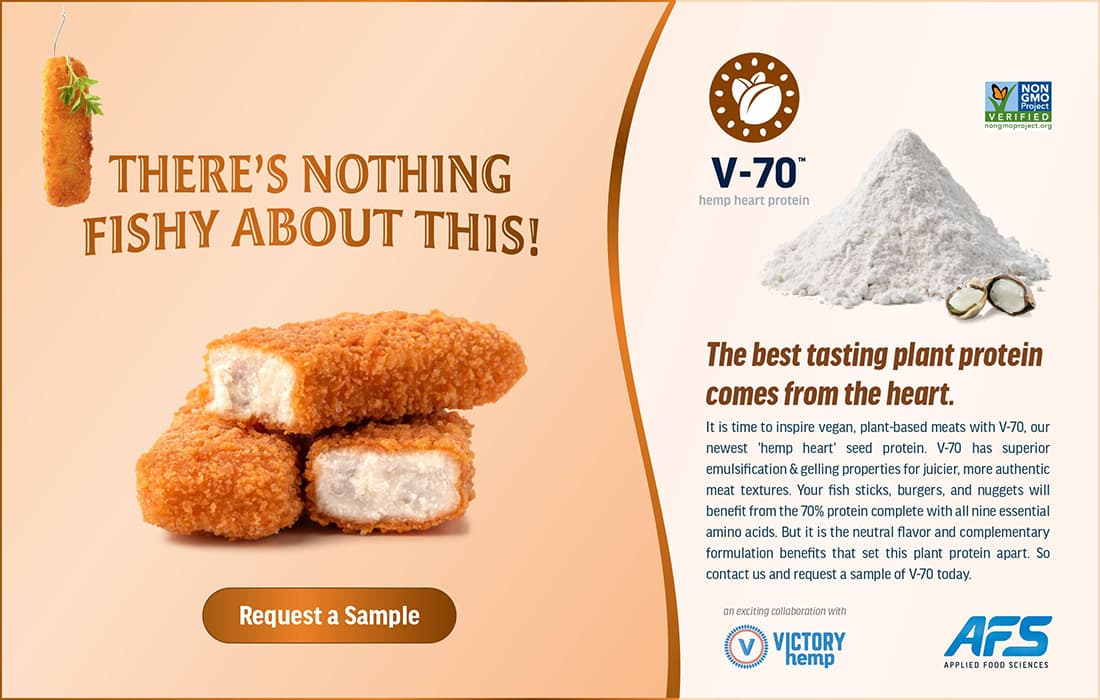Only
WOMEN
For
BETTER FOR
you
By MARIE SPANO, MS, RDN, Contributing Nutrition Editor
Nutrition is a key aspect for women wanting to stay active and defy the effects of aging.
Photo courtesy of: Lipogen, Ltd.;
In spite of the many strides made in women’s health and nutrition, one of the key issues facing women is a very basic one: insufficient protein intake. Sarcopenia, the progressive loss of skeletal muscle mass, occurs far more frequently, and at a younger age (beginning around age 35), in women than in men. It is the primary factor leading to weakness and frailty in women as they age.
Because of this, female consumers are seeking foods and beverages for building stronger and healthier bodies and minds. One of the main ingredients needed to support women’s unique health and nutrition needs is protein in bioavailable forms to stave off the muscle wasting. Protein fractions, including gelatin, collagen, and collagen peptides are also beneficial for ligament, tendon, and skin health.
Beyond protein, also important to women and their health are minerals, vitamins, lipids, and botanicals. Certain ingredients in these categories are especially helpful for women who want to live, feel, and perform better.
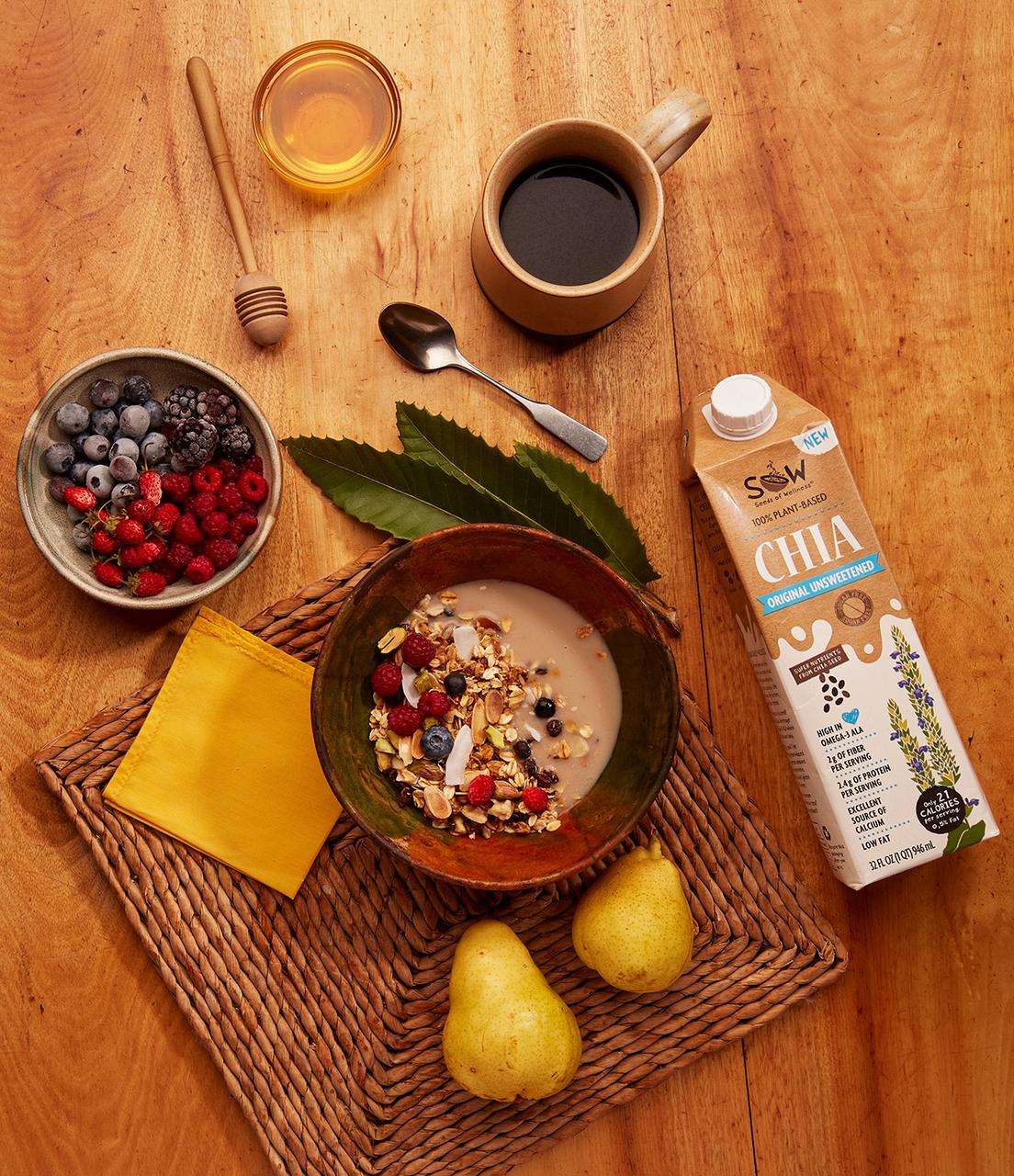
For too long, the women’s health category has been synonymous with weight loss. However, the tide is turning with a shift toward whole health, vitality, and building a strong body and sharp mind. This newer focus, combined with the rising trend in personalized nutrition, means there is greater demand for convenient foods and beverages that focus specifically on women’s health.
Sarcopenia can lead to a decline in functional living and increase the risk of developing osteoporosis, type 2 diabetes, and obesity. Only two modifiable factors can attenuate the progression of sarcopenia: physical activity (particularly resistance training), and a higher protein diet. However, not all proteins are created equally.
Protein Breakdown
Ample research has shown that higher quality proteins—those that are easy to digest and contain all essential amino acids—are superior for strength gain and muscle mass. Animal food sources of protein tend to be of higher quality compared to plant sources (with some plant sources, such as soy, being exceptions).
This means that women can get by with smaller serving sizes of higher quality protein-rich foods and ingredients such as eggs and fish (the two sources with the highest bioavailability); meat and poultry; dairy foods and their proteins, including whey and casein; and the plant sources that have complete proteins.
Chia seeds are among the few plant sources providing complete proteins, plus they contain healthful fats and fibers. Photo courtesy of: Functional Products Trading, SA/Benexia
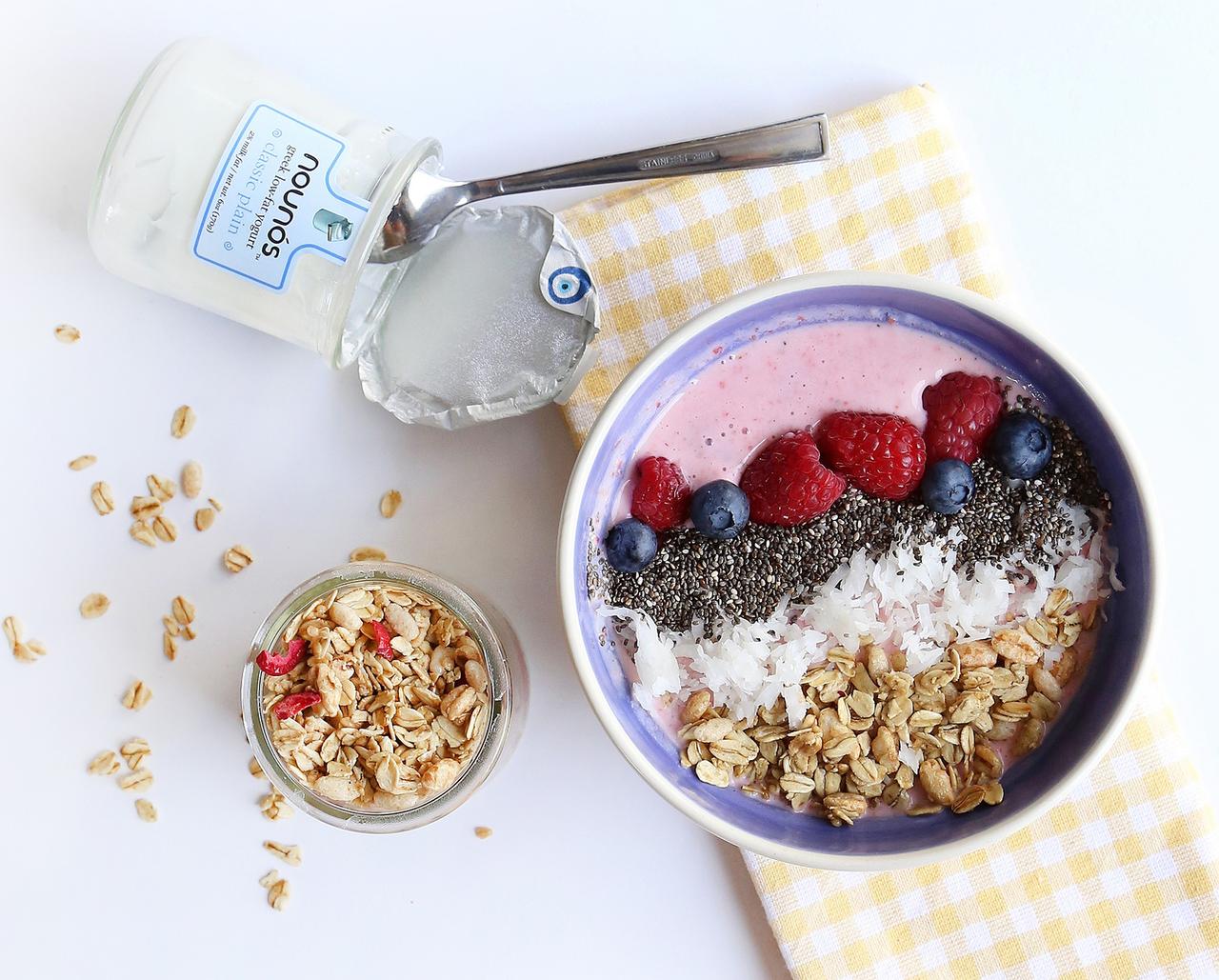
A complete protein is one that has all nine of the essential amino acids that our bodies cannot make, specifically histidine, isoleucine, leucine, lysine, methionine, phenylalanine, threonine, tryptophan, and valine. Soy, quinoa, amaranth, hemp, chia, and buckwheat, as well as peanuts, pistachios, and most nuts are the most common plant sources that carry all nine of these aminos, but in differing amounts. Most nuts have only trace amounts of lysine and methionine. (Brazil nuts are high in methionine, however.)
Gelling Out
Gelatin, collagen, and collagen peptides are unique protein fractions because their amino acid makeup is unlike any other protein or combination of proteins. Collagen derived from porcine, bovine, and even marine sources closely resembles collagen in the human body. In particular, collagen contains two key bioactive dipeptides: proline-hydroxyproline and hydroxyproline-glycine.
Dairy foods such as live-cultured yogurt are rich sources of protein, choline, calcium, probiotics, and other important nutrients women need. Photo courtesy of: Nounós Creamery, LLC
Yes, that
Premenstrual Syndrome (PMS) remains a condition that is difficult to treat except with medication. However, botanicals are offering hope. Saffron could very well land at the top of the list. In a double-blind, randomized, and placebo-controlled trial, standardized organic saffron stigma extracts were revealed to be clinically effective in relieving symptoms of PMS, including mood issues (anxiety, irritability, depression, nervous tension and mood swings). Also, the lipid-based ingredients phosphatidylserine and phosphatidic acid have exhibited beneficial capacity in clinical studies to help alleviate PMS symptoms. In one study, a combination of both of these taken during the menstrual cycle demonstrably reduced the symptoms of PMS.

Saffron has an ancient tradition of use offering multiple health benefits that today’s science is verifying—including an ability to help alleviate PMS symptoms. Photo courtesy of: Pharmactive Biotech Products, SL
Collagen is a vital structural component of skin, bone, tendons, and ligaments. Its strength especially helps to resist tension. This is what makes collagen so important for healthy bones and tendons, stiff ligaments, and strong, younger looking skin that resists sagging.
Collagen levels in the body decrease with age as production slows down and breakdown increases. In fact, adults can lose up to 1% of their collagen each year. This is what leads to sagging skin and wrinkles, but more importantly, it also affects other tissues in the body. All of these factors contribute to older-looking skin.
For these reasons, collagen is one of the shining stars within the edible beauty category. Functional food and beverage applications using collagen neared almost $2B in sales in 2020, with continued growth expected. Several studies have shown that relatively low doses of collagen peptides improved visible signs of skin aging. For example, an 8-week study using 2.5g of collagen peptides containing higher amounts of proline-hydroxyproline and hydroxyproline-glycine enhanced skin moisture, elasticity, and smoothness.
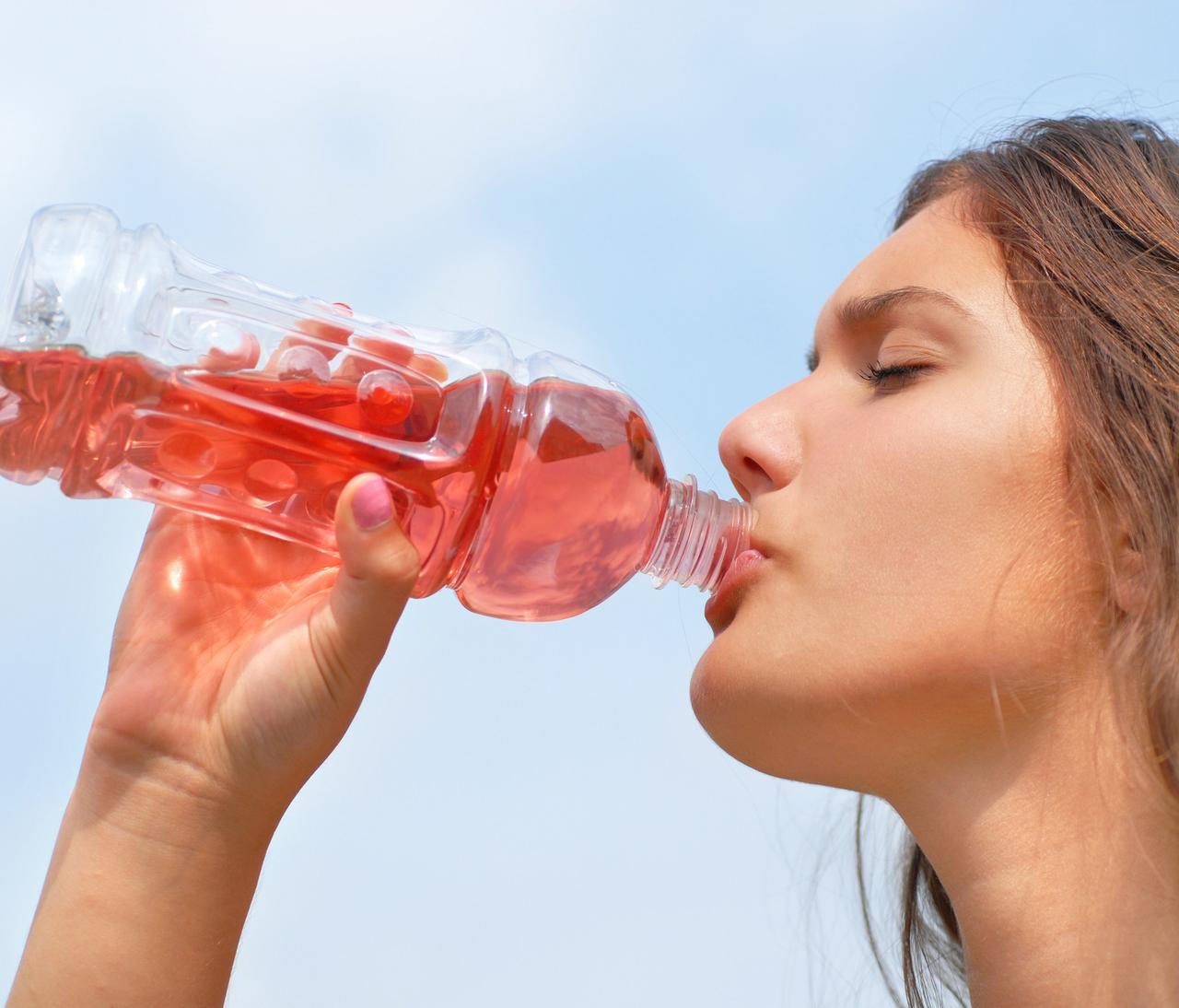
The red antioxidant carotenoid astaxanthin has proven to be a powerful aid in keeping skin supple, young, and beautiful. Photo courtesy of: Solabia, SA/Algatechnologies, Ltd..
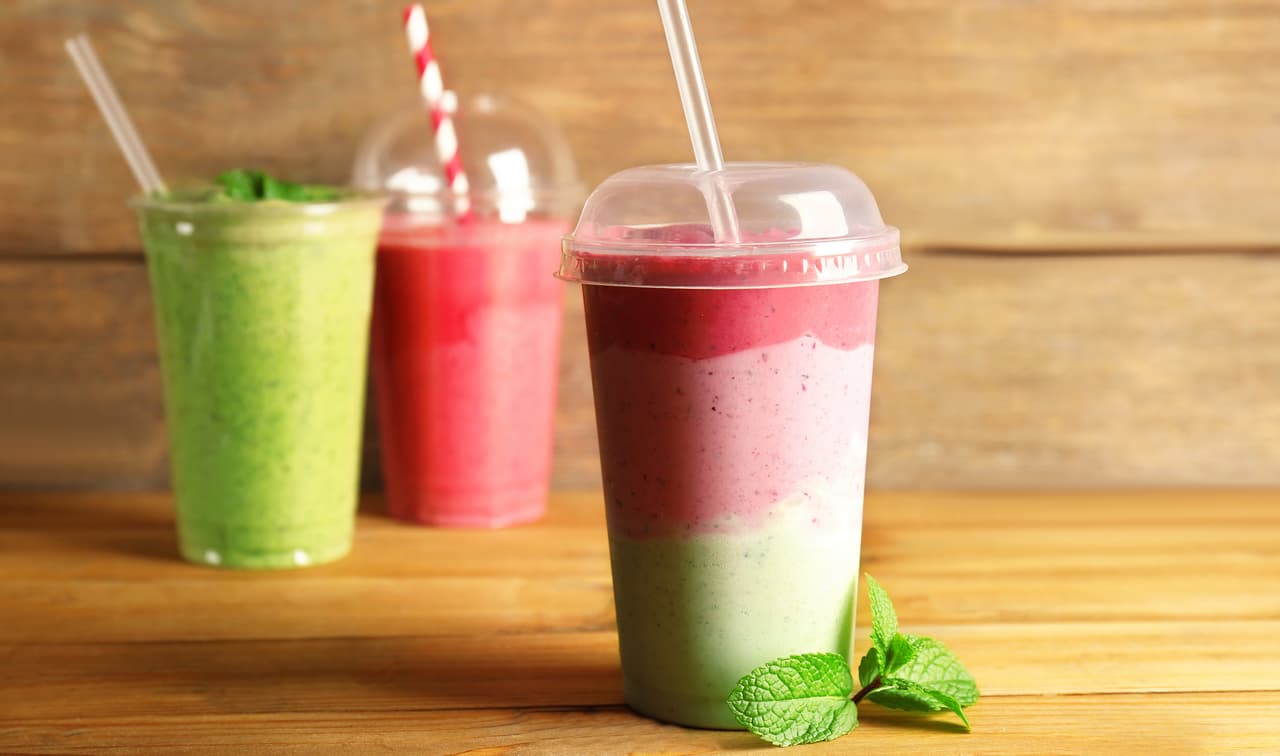
Neutral-flavored, clear, purified collagen powder helps support healthy ligaments, skin, hair, and nails in women when included in almost any formulation. Photo courtesy of: Gelita, AG
Micronutrients
Beauty-from-within is a category that focuses almost exclusively on women’s nutritional needs. And the micronutrients—vitamins, minerals, and botanicals—play a vital role in this area. Some important ones that can enhance an edible beauty product include vitamin C, copper, hyaluronic acid, astaxanthin, and orthosilicic acid, a highly bioavailable form of silicon.
Vitamin C is necessary for collagen synthesis and stabilization. And while iron will always be a critical nutrient for women’s health, the mineral copper is critical for the enzymatic steps necessary to make collagen. Hyaluronic acid, found in soy, citrus, leafy greens, root vegetables, and nuts and seeds helps skin retain healthy moisture. It also is especially concentrated in bone broth.
Astaxanthin is a powerful antioxidant in the carotenoid family that has proven particularly effective in skin health. When used topically, it has been shown to penetrate into the deep layers to protect skin from the insults of sun and pollutants. As an ingredient in beauty-promoting beverages, especially when both consumed and used as a topical ingredient, astaxanthin has a demonstrated capacity to fade age spots and improve skin elasticity and moisture retention, thus smoothing out wrinkles.
Orthosilicic acid also has shown promise in improving skin structure and suppleness. In a randomized, double-blind, placebo-controlled trial, orthosilicic acid improved skin strength and elasticity. In another study, oral orthosilicic acid in combination with choline, improved hair growth and hair quality.
Take a powder
The quality of a protein source, such as a protein powder, even if from a lower quality plant protein source, presumably increases after processing due to the removal of anti-nutrients, which are compounds that can decrease amino acid bioavailability. This has opened the door to newer protein-rich powders high in essential amino acids, such as potato and corn. Protein powders can be formulated into a variety of applications from plant-based patties to dairy-like desserts.

Vitamin status
Six additional nutrients for consideration in women’s health products include vitamins A, B12, and D; choline and folate; and iron. Though vitamin A deficiency is rare in Westernized countries, the transition to greater intake of plant foods can leave some women short on this vitamin due to lower bioavailability of the vitamin in in plant sources.
Approximately 45% of persons in the Western cultures are considered “low converters” of beta-carotene to the active form of vitamin A in the body. That can affect vitamin A levels over time if a large portion of vitamin A intake comes from carotenoids vs. animal-based sources such as liver, some forms of dairy, and eggs. As an antioxidant, vitamin A helps protect all organs from damage, but it also is important for skin health.
The trend of botanicals for health is growing dramatically as consumers seek natural ingredients to help promote holistic health. Photo courtesy of: Functional Chocolate Co.
Vitamin B12 is stored in the body for several years. However, vegetarians, particularly vegans, are at risk of developing marginal vitamin B12 status or deficiency if they do not take a supplement containing vitamin B12 or regularly consume foods fortified with vitamin B12.
Vitamin D is a hormone-like vitamin that has demonstrated an expansive range of benefits, including helping to protect against certain chronic diseases, such as heart disease, cancer, inflammation, lung diseases, and autoimmune disorders. Low reserves of vitamin D have been linked to negative outcomes in pregnancy, including pre-eclampsia and gestational diabetes. Folate is well known for the role it plays in helping to prevent neural tube defects during pregnancy, but it also is important for heart health.
National survey data suggest many people are falling short of their choline needs; mean choline intakes for children and for all age ranges of men and women are below ideal levels. Choline is necessary for a baby’s brain and spinal cord development making this nutrient especially important for pregnant women.
The need for choline doesn’t stop there. This nutrient is important throughout a person's lifespan. Unfortunately, about 90% of Americans don’t consume enough choline. Although many vegetables and whole grains contain choline, the best sources are meat, poultry, seafood, dairy, and eggs.
In the US, higher rates of iron deficiency and iron-deficiency anemia are seen in teenage girls, women aged 20 to 49, pregnant women, and female endurance athletes, due to a combination of factors including poor dietary iron intake and blood loss during menstruation.
Endurance athletes can also be low in iron due to exercise-related gastrointestinal tract bleeding, subclinical exercise-induced inflammation, and foot-strike hemolysis, an anemia believed to be brought on by damage incurred through repetitive foot impacts during regular long, hard running.
While the assortment of macro- and micronutrients that are key to women’s health are many and varied, they have one thing in common: They give developers of foods and beverages designed to help women be their best a comprehensive set of resources to ensure success. PF
August 2021

